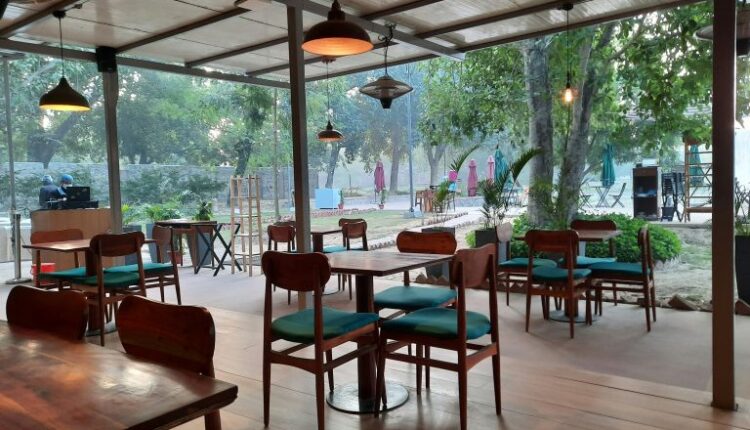How India's Coffee Culture Is Evolving To Demand Sustainability And Ethical Sourcing – CoffeeTalk
India has seen a significant increase in coffee consumption, particularly among young urban professionals aged 22-40 who have embraced café culture as part of their lifestyle. These consumers are not just coffee drinkers but also enthusiasts who value premium quality and unique flavors. They are becoming increasingly conscious of the environmental and social footprint of their daily caffeine fix, seeking brands that prioritize transparency and sustainability from bean to cup.
D2C coffee brands are leading the charge in sustainable coffee consumption for 2025 and beyond by offering high-quality, sustainably sourced beans that consumers can feel good about. Ethical sourcing is a key aspect of sustainable coffee consumption, with many D2C brands prioritizing direct trade relationships with farmers, cutting out intermediaries to establish more transparent and equitable partnerships. This encourages farmers to adopt sustainable practices and improve their livelihoods, providing them with the financial stability needed to invest in environmentally friendly farming techniques and community development projects.
Sustainable agriculture is at the heart of many D2C coffee businesses, often partnering with farmers who utilize shade-grown coffee cultivation, organic farming, and agroforestry techniques. These methods protect biodiversity, reduce soil erosion, enhance carbon sequestration, and provide additional sources of income for farmers through timber and fruit production.
Eco-conscious packaging is another significant environmental concern, with D2C coffee brands adopting eco-friendly alternatives such as compostable coffee bags, recyclable packaging, refill options, and minimalist designs that reduce overall material used in packaging. These initiatives align with consumer values and set an industry benchmark for sustainability.
Reducing the carbon footprint is a crucial aspect of D2C coffee companies, as climate change poses a significant threat to the industry. Supply chain optimization plays a key role, with brands streamlining transportation and logistics to lower emissions. Many companies are transitioning to renewable energy sources, carbon offset programs, and innovative solutions like carbon-negative coffee production.
Inclusive growth is another key aspect of D2C coffee brands, employing people from the lower strata and training them well to make them self-sufficient. By addressing the environmental and social challenges associated with coffee production, these brands are not only meeting the demands of today’s conscious consumers but also setting new benchmarks for the future.
Read More @ Indian Retailer
Source: Coffee Talk



